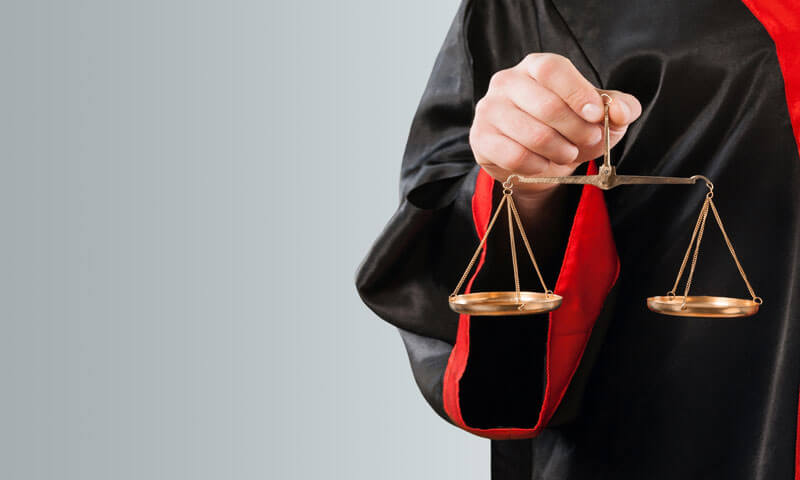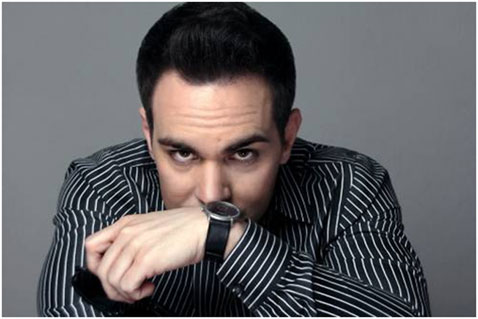Stanford Law School has announced that it will not be taking disciplinary action against the students who disrupted a speech by Judge Stuart Kyle Duncan earlier this month. However, the associate dean for diversity, equity, and inclusion, Tirien Steinbach, who appeared to intervene on behalf of the protesters, is now on leave. The law school’s dean, Jenny Martinez, revealed the school’s response to the March 9 protest in a public letter, which runs to ten pages. The letter states that administrators did not enforce the school’s speech policy, which prohibits shutting down speakers through heckling.
In her letter, Martinez said that staff at the law school will receive training on its policies, which aim to prevent the imposition of “institutional orthodoxy.” The school’s response comes in the wake of a protest by students against Judge Duncan, a 2018 appointee of former President Donald Trump, who was visiting Stanford to deliver remarks to the campus chapter of the conservative Federalist Society.
The protesters argued that Duncan had taken positions threatening the rights of LGBTQ people, immigrants, Black voters, women, and others. Video clips from the event show the judge struggling to speak over the protesters’ shouts while refusing to answer and criticizing some of their questions.
In her letter, Martinez wrote that it would be difficult to differentiate between students who violated the school’s free-speech policies and those who “engaged in constitutionally protected non-disruptive protest, such as holding signs or asking pointed questions.” Two other Trump appointees, Judges James Ho of the 5th Circuit and Judge Elizabeth Branch of the 11th Circuit, wrote last week in the National Review that law schools should discipline students who participate in “disruptive tactics.”
BCG Attorney Search is the go-to source for top legal jobs in your area. Search now!
Stanford has also agreed to train students on the importance of free speech and the norms of the legal profession. The lawsuit alleged that Stanford’s policies made it difficult to differentiate between students who violated free speech policies and those who engaged in constitutionally protected non-disruptive protest, such as holding signs or asking pointed questions.
Stanford’s President Marc Tessier-Lavigne and Dean Jenny Martinez previously apologized publicly to Anderson. The settlement reflects a growing concern among some conservatives about the stifling of free speech on college campuses and a corresponding push to ensure that universities protect free speech rights for all students, regardless of their political views.
















































